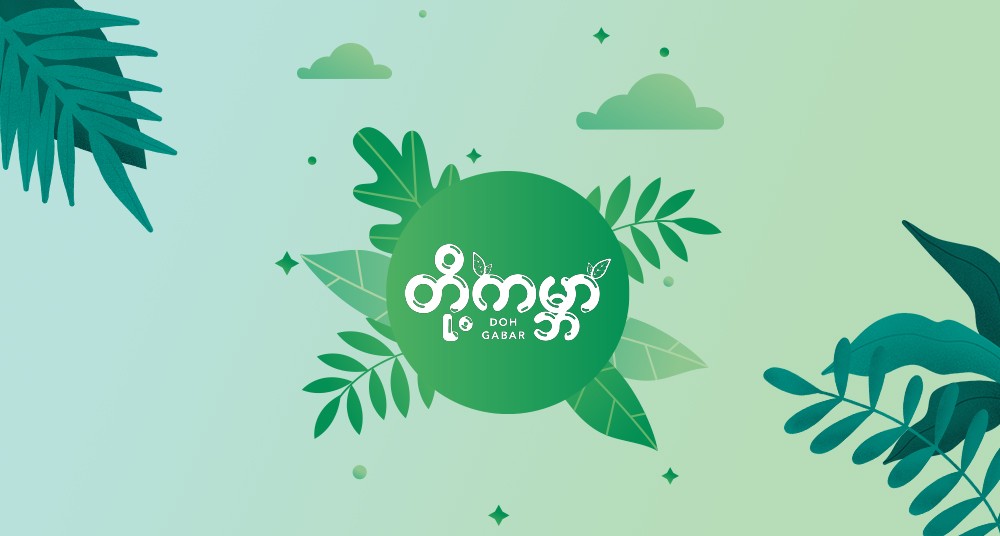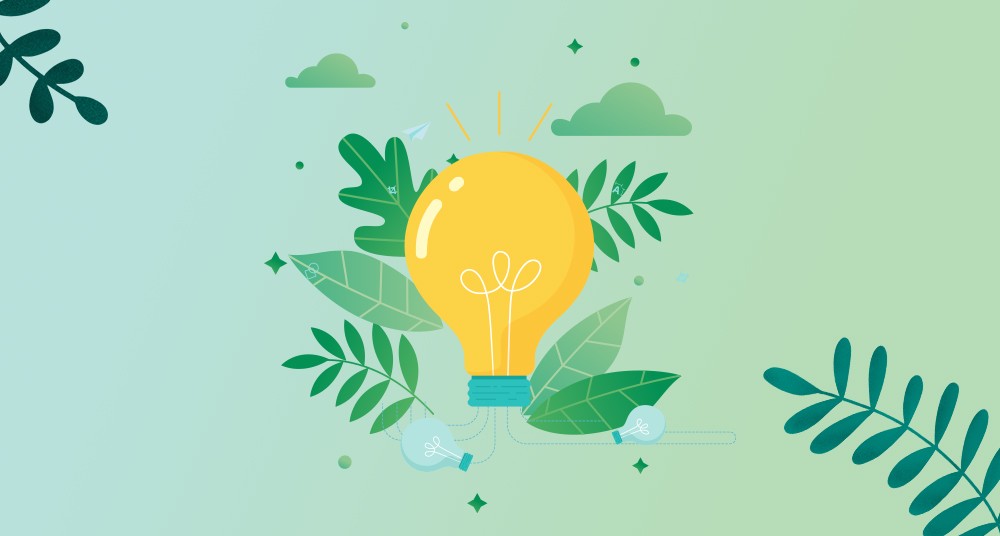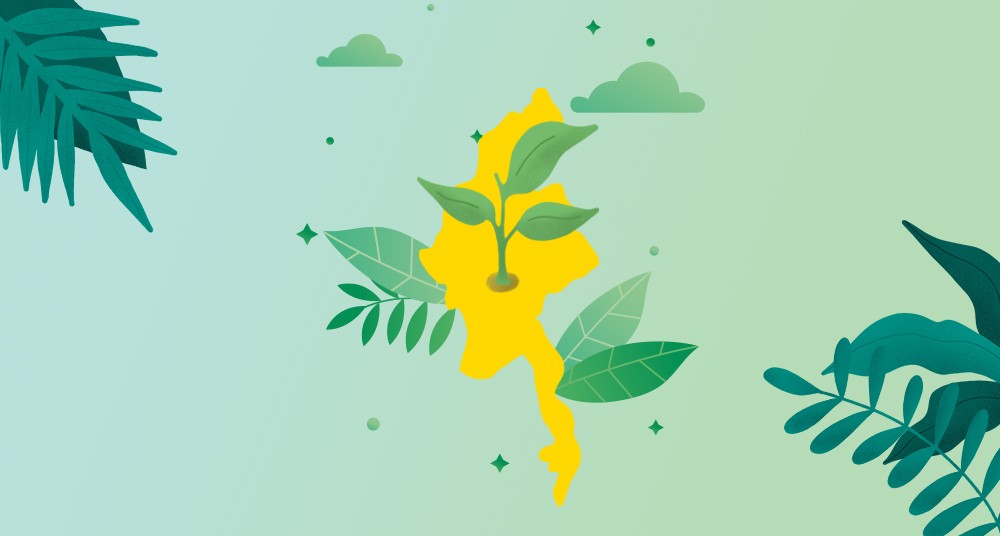
U Thant
Myanmar is one of the most biologically diverse countries in the world. With some of the most extensive forest cover in the whole of Southeast Asia, Myanmar is home to an exceptional variety of species.
But Myanmar’s rich biodiversity is under threat. Deforestation rates are among the highest in the world. Between 2012 and 2017, the consumption of single-use plastic multiplied by eight times. Environmental degradation, pollution, and illegal wildlife trade threaten the country’s precious ecosystems. In addition, according to German Watch, Myanmar was the second most affected country by climate change for the period 1999–2018.
The COVID-19 pandemic and subsequent restrictive public health measures, limiting air and road traffic and temporarily halting industrial production, have been associated with significant reductions in air pollution and greenhouse gas emissions. But experts warn that, to keep the world on track with the target of cutting greenhouse gas emissions to limit the effect of climate change, the world needs similar cuts for the foreseeable future. Such emissions reductions will not happen via lockdowns and restrictions, but by audacious climate policies leading to reductions in demand for energy.
It is time to act.
Once countries start to recover from the coronavirus crisis, and reboot their economies, it will be essential to make sure we recover to a cleaner and greener “new normal.”
“The world will overcome coronavirus. The more united we are, the faster we will recover. The same is true for the ongoing pandemic of environmental destruction. We need to act jointly and quickly, because, like a virus, climate change affects our ability to breathe. Forests and oceans are the lungs of our planet. Our objective should not be getting back to normal. ‘Normal’ is unsustainable. We have no choice –the recovery must be green, and it must be green for everyone.” EU Ambassador Kristian Schmidt
Governments, businesses, and consumers around the world must join forces to kick-start the green recovery, and take concrete action to protect biodiversity and fight against climate change.
Doh Gabar is a platform financed by the European Union in Myanmar that aims to inspire people in Myanmar to become agents of change for a greener future.






